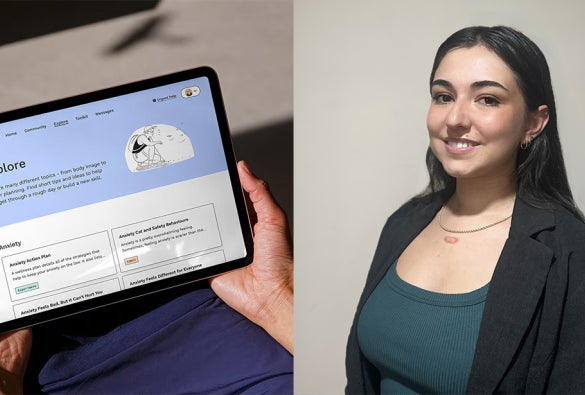Technological Change and Innovation
Unit code: BMO7002
Credit points: 12
The importance of technological change and innovation within organisations has increasingly become critical as firms struggle to achieve and maintain competitive advantage in a fast changing global markets. The speed of technological change has not only brought innovation and efficiency but has also created a challenge for many organisations that still grapple with its complexity. Often the relationship between technological change and organisational change is not comprehended which leads to significant innovations being resisted, became victims to competing ideas, or fail to be sustained. This unit of study will help students learn how new technologies are aligned and implemented within organisations to remain competitive. Using insights from case studies and real life examples, students will be able to analyse problems and challenges relating to technological change and design solutions.
|
|
|||||||||||||||||||||||||||||||||||||
|
|||||||||||||||||||||||||||||||||||||
This unit is studied as part of the online Master of Business Administration (Change Management) and Graduate Certificate in Change Management.





